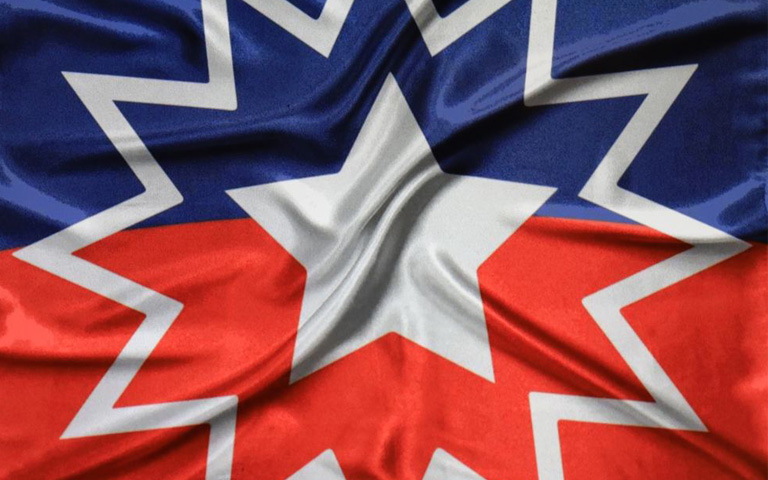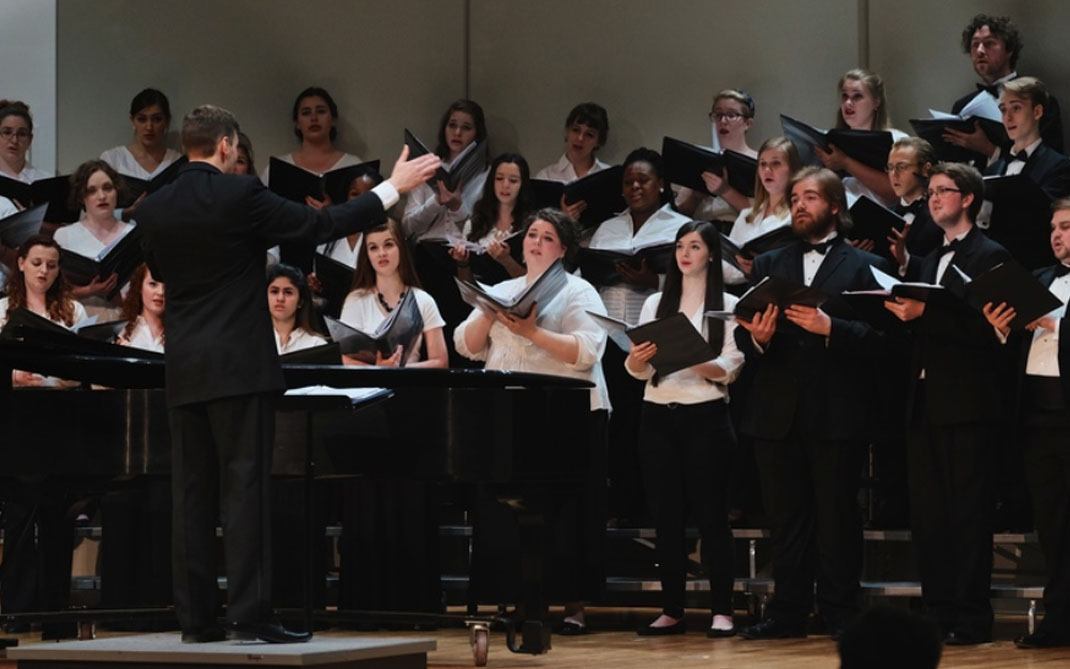Juneteenth to be observed Monday, June 19
 UNCSA is observing Juneteenth on Monday, June 19. Campus offices will be closed and
will reopen Tuesday, June 20. For more information, see the 2023 UNCSA Holiday Schedule.
UNCSA is observing Juneteenth on Monday, June 19. Campus offices will be closed and
will reopen Tuesday, June 20. For more information, see the 2023 UNCSA Holiday Schedule.
History of Juneteenth
Juneteenth, June 19, celebrates the end of slavery in the United States. It marks
the date of June 19, 1865 – about two months after the surrender of Confederate General
Robert E. Lee – when Union Major General Gordon Granger arrived in Galveston, Texas,
and announced the end of the Civil War and the end of slavery.
The date is largely symbolic. The Emancipation Proclamation, issued by President Abraham
Lincoln, legally freed enslaved African Americans on Jan. 1, 1863 – some 2 1/2 years
earlier. However, many slave owners withheld that information to retain slave labor
through another harvest season. Juneteenth – combining June and 19 – became a date
representing African American freedom. It is also called Emancipation Day, Freedom
Day or Juneteenth Independence Day.
Texas celebrated Juneteenth beginning in 1866 with community events such as parades,
cookouts, prayer gatherings, historical readings and musical performances. As families
emigrated from Texas to other parts of the United States, they carried the Juneteenth
celebrations with them. In 1872, a group of African American ministers and businessmen
in Houston purchased 10 acres of land for Emancipation Park. While celebrations continue
to take place among families and organizations, larger cities have increasingly created
citywide festivals and parades to commemorate Juneteenth.
In 1980, Texas became the first state to designate Juneteenth as a holiday. Since
then, all states and the District of Columbia have passed legislation recognizing
it as a holiday or observance. In recent years, the U.S. Senate and House of Representatives
issued resolutions recognizing June 19 as Juneteenth Independence Day; however, despite
calls for change, it was not made a national holiday until two years ago. On June
15 and 16, 2021, Congress passed legislation to establish it as a U.S. federal holiday
(Juneteenth National Independence Day), and President Joe Biden signed the bill into
law on June 17, 2021. Currently, North Carolina recognizes Juneteenth as a ceremonial
holiday.
N.C. and local Juneteenth events
Much of the above information derives from Juneteenth.com. To learn more about Juneteenth and Juneteenth commemoration events in North Carolina,
visit the website of the N.C. Department of Natural and Cultural Resources at ncdcr.gov/juneteenth. For local Juneteenth observances, visit TriadCulturalArts.org and its Juneteenth webpage.





